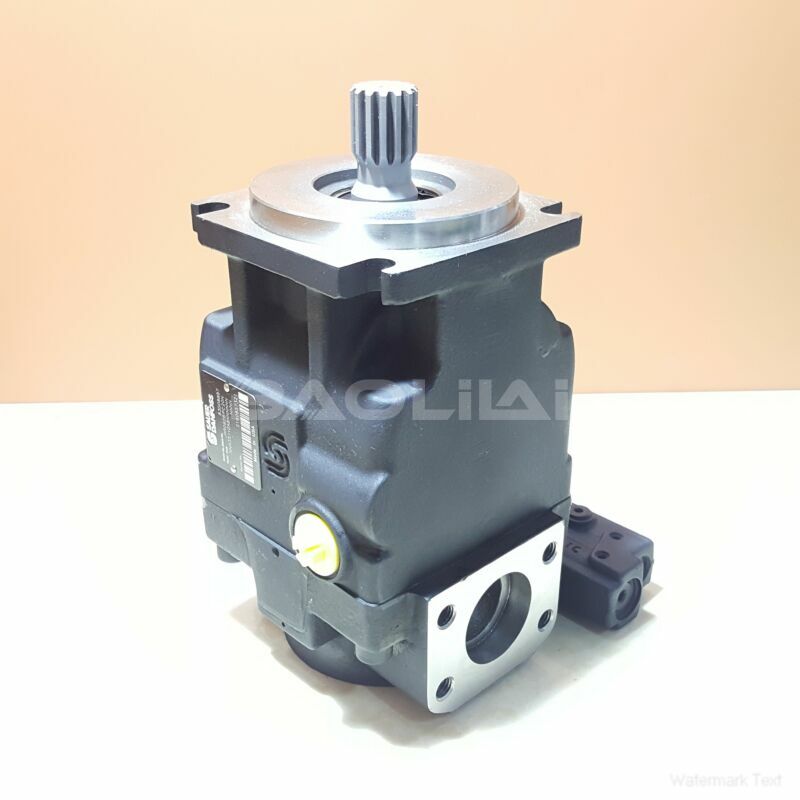JRLS60BLS2630NNE3C2AXA8NNNNJJJNNN piston pump
JRLS60BLS2630NNE3C2AXA8NNNNJJJNNN piston pump

- Product Details
- Applicable Scene
In the oil refining industry, the efficient handling of fluids is critical for ensuring optimal production processes and reducing operational costs. At the heart of these processes are hydraulic pumps, which play a pivotal role in fluid power systems used for fluid circulation and handling. This article explores the significance of hydraulic pumps in oil refining, examining their functions, types, and the advancements that have enhanced their efficacy in fluid management.
JR-L-S60B-LS-26-30-NN-E-3-C2AX-A8N-NNN-JJJ-NNN
JRLS60BLS2630NNE3C2AXA8NNNNJJJNNN
Hydraulic pumps convert mechanical energy into hydraulic energy, providing the necessary pressure to move fluids through various stages of refining operations. These pumps are fundamental in tasks such as transporting crude oil, transferring finished products, and supporting various processes like distillation, filtration, and cooling. By maintaining consistent flow rates and pressures, hydraulic pumps ensure that every phase of the refining process operates smoothly and efficiently.

83052407
There are several types of hydraulic pumps utilized in the oil refining sector, including gear pumps, vane pumps, and piston pumps. Gear pumps are favored for their simplicity and efficiency in handling large volumes of fluid at lower pressures. Vane pumps, on the other hand, are known for their smooth operation and ability to handle varying fluid viscosities, making them suitable for specific applications within the refinery. Piston pumps are capable of generating high pressures and are often employed in applications requiring precise flow control, making them ideal for critical processes in oil refining.





